Great-grandchild's sale of jewels to fund abortions continues legacy of Palm Beach activist
On May 1, when a woman in Iowa named Laura Crossett awoke to the news that Florida’s six-week abortion ban was taking effect, she decided to do something to help women whose lives would be challenged or endangered by the new law.
Crossett's great-grandmother Harriette Glasner had sold a diamond bracelet five decades earlier to launch a fund to help women seeking abortions in Florida. Glasner of Palm Beach, the widow of a successful engineer, died in 2002 and left a legacy of response in the face of need.
She also had left the legacy of an amethyst jewelry set that she had given to her former daughter-in-law, Crossett's grandmother.
2 new abortion laws: More women, especially Black women, will die in ways you don't expect
They were beautiful jewels, with her grandmother's birthstone, Crossett said, "but they weren't doing anyone any good in the jewelry box."
She packed them up that May morning and took them to a local jewelry store.
“I want to get it appraised,” she told the jeweler, “because I want to sell it to fund abortions.”
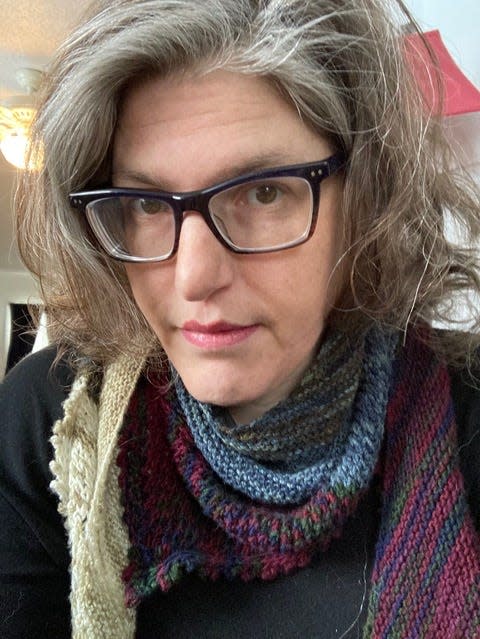
The jeweler donated part of the appraisal cost.
Crossett will put the set — a bracelet, earrings and brooch appraised at more than $7,700 — up for auction on eBay and give the proceeds to the fund her great-grandmother founded, to use as needed.

Abortion was legal but inaccessible to women who were poor
Need and response have surged exponentially at the Emergency Medical Assistance abortion fund in the two years since the U.S. Supreme Court overturned the Roe v. Wade decision that had guaranteed women a constitutional right to end pregnancies. Glasner started EMA in 1975. EMA Executive Director Jessica Hatem calls Crossett's donation “a full circle moment.”
It is that in more ways than one.
Glasner had struggled to pay for an abortion in the 1920s that was illegal and unsafe. Decades later, the causes she spearheaded in Palm Beach County encompassed those furthering social and economic justice, women’s rights and healthcare. Before starting EMA, she had given women money they needed to get to New York where the abortions they sought were legal. She had seen the challenges faced by women of limited means, many of whom already had a child or children to care for.
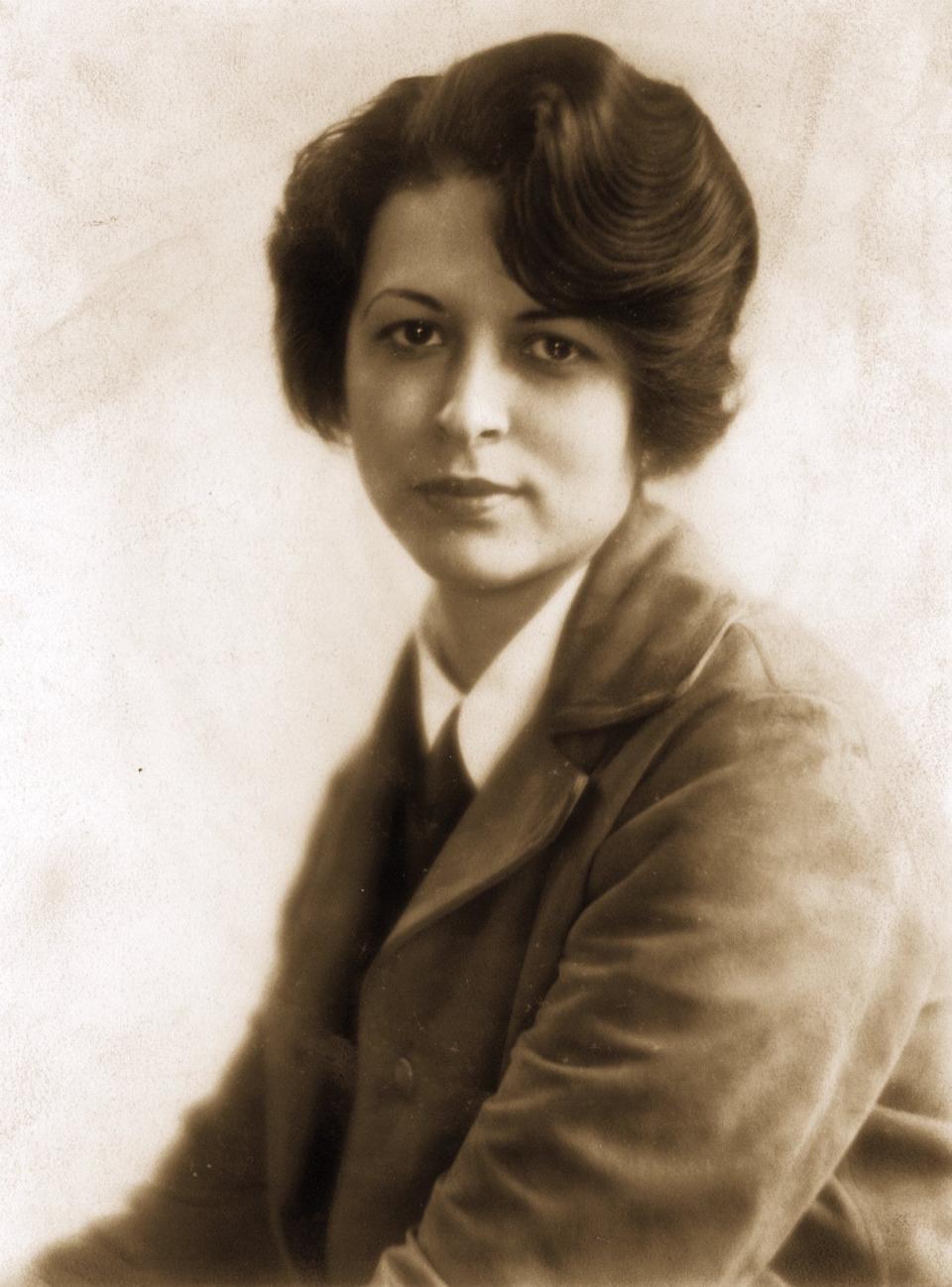
“Her sense was that the legality of abortion didn’t equal its accessibility,” Crossett noted. “It was legal, but that didn’t help if you were poor.”
EMA originally provided help for women who needed money to cover the cost of the procedure and for carfare to get to a clinic.
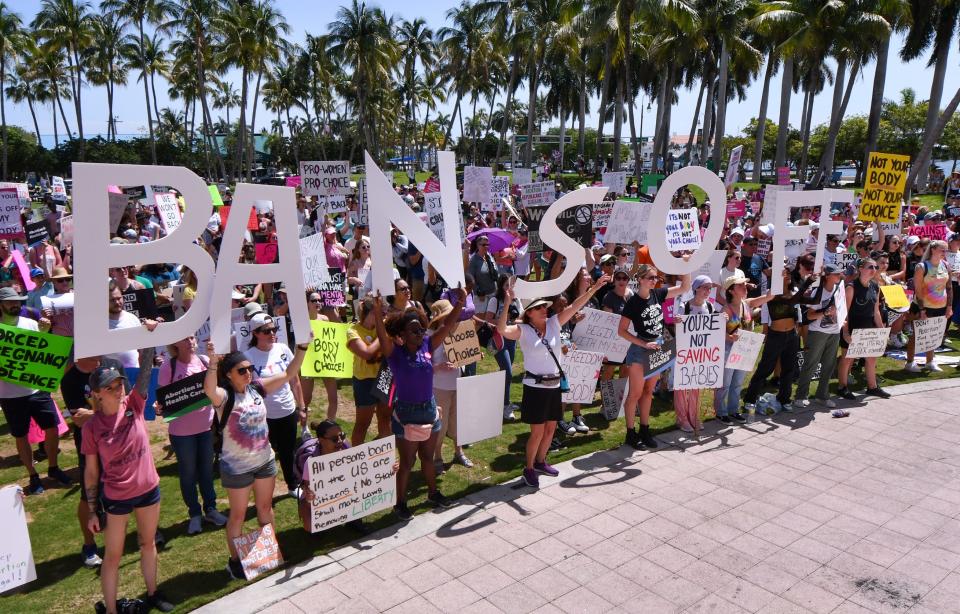
The overturning of Roe in 2022 was joined in Florida with the implementation of two laws — one banning abortions after 15 weeks and one mandating a 24-hour delay — that put new formidable obstacles between abortion care and women whose needs for the procedure were the most critical.
The 15-week ban affected women with limited access to healthcare and others who remained unaware of their pregnancies, as well as those unaware at that stage of pregnancy of complications that could threaten their own health or that of the fetus. The 24-hour delay, requiring two in-person visits to a clinic before a woman can end a pregnancy, cost extra money and time some women don’t have.
EMA began to build its capacity to help women get to clinics or when time had run out, to other states.
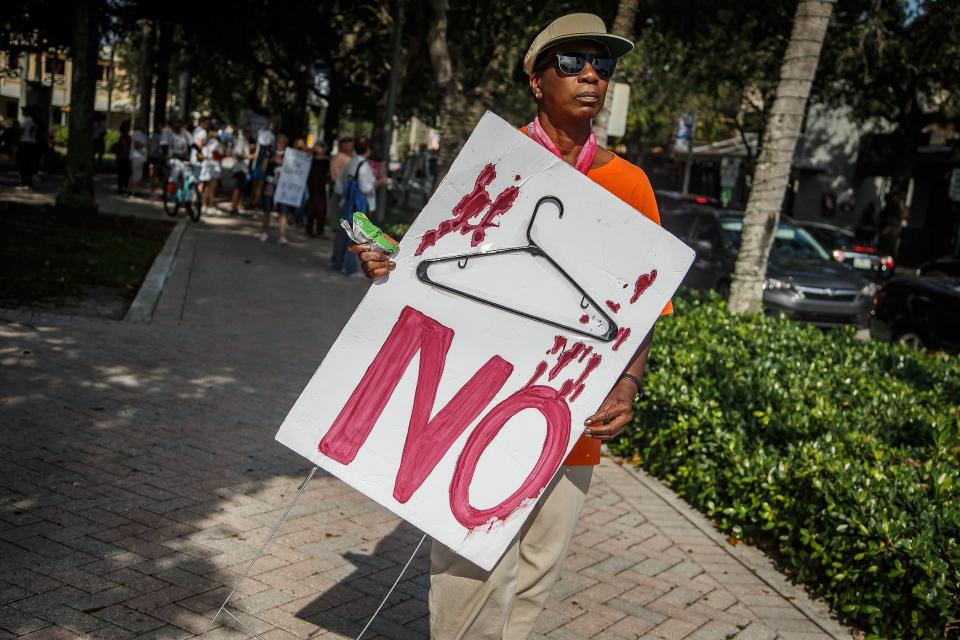
With the six-week ban, ending access to legal abortion in Florida at a point before many women know they are pregnant, and with the state surrounded by ones with even more rigid restrictions and bans, more people have had to leave the state and go farther, Hatem points out.
The nonprofit, which had made do with an annual budget in the five-figure range until 2022, has spent nearly half a million dollars in the two years since to cover the costs of the procedure as well as the costs of airfare, hotels and meals.
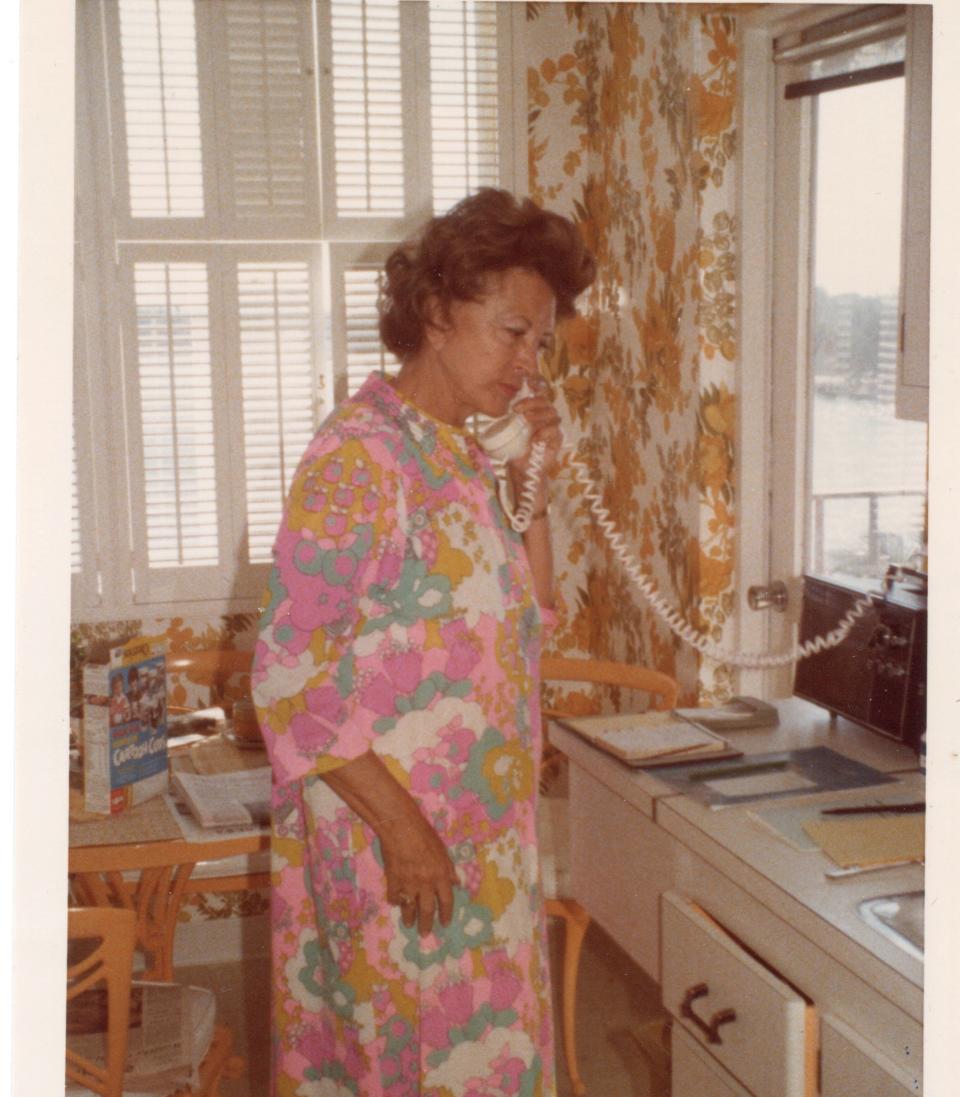
The organization that ran first from the crowded desk in Glasner’s condominium, and for years after with no paid staff, now has its first executive director, as well as volunteers with social work backgrounds. In addition, it soon will have a staff member dedicated to helping women navigate their way to abortion care.
Donors have stepped up to support EMA’s growing mission, even as reproductive healthcare advocates also raise money to bring voters to the polls to push through Amendment 4 in November. The ballot initiative, if passed by voters, would restore and protect the right to abortion for all women in Florida.
'Vote in every election'
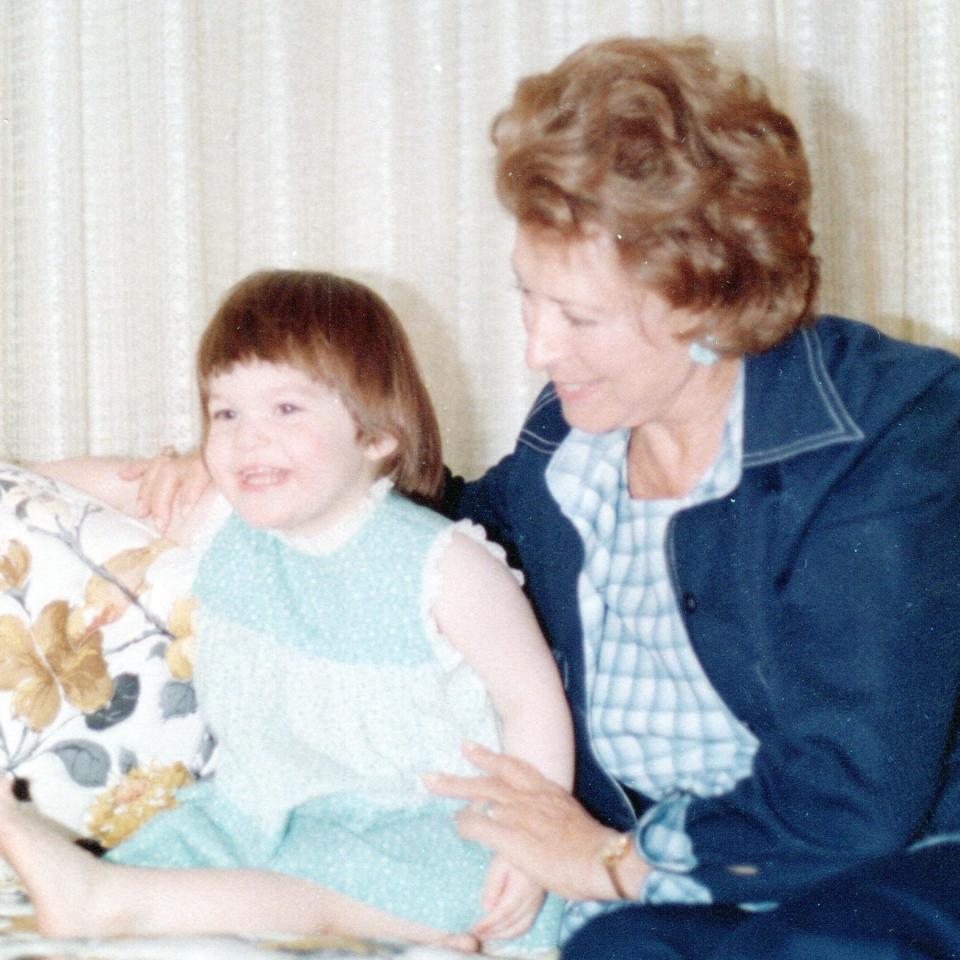
Crossett remembers calling her great-grandmother for help with a grade school history assignment.
Glasner told her how she was a child when in 1919 her own mother came home and told her that women had finally gotten the right to vote that day.
"So you must vote in every election," her mother told her, and Glasner told her great-granddaughter. Crossett always has.
“I absolutely think that it’s important to change policies,” she said.
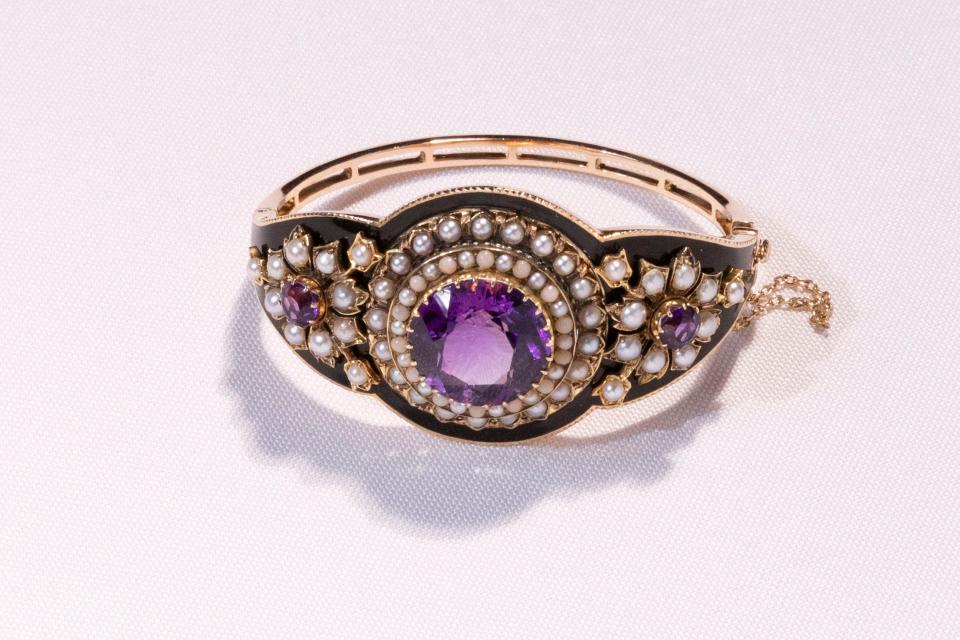
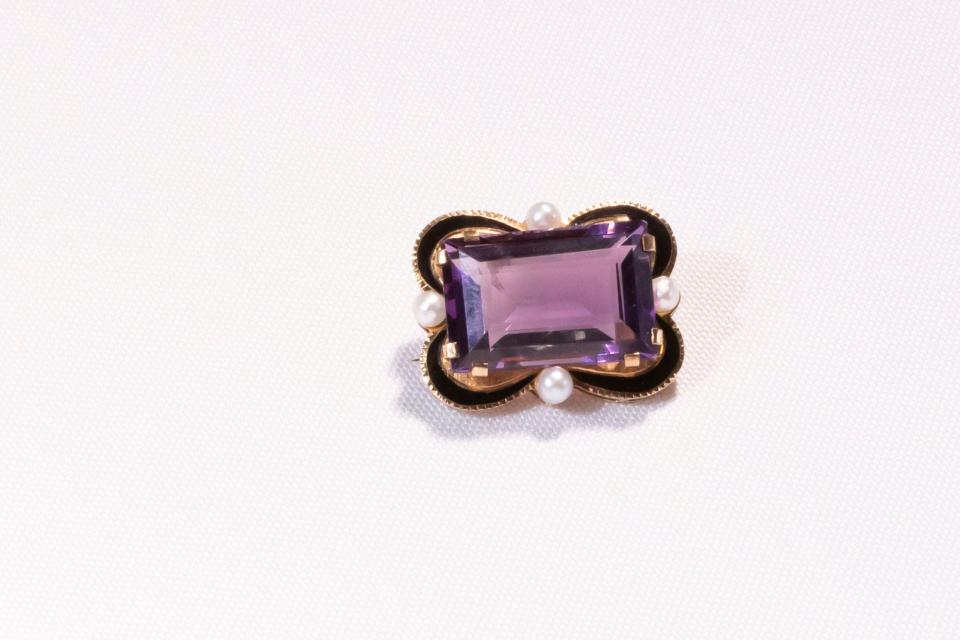
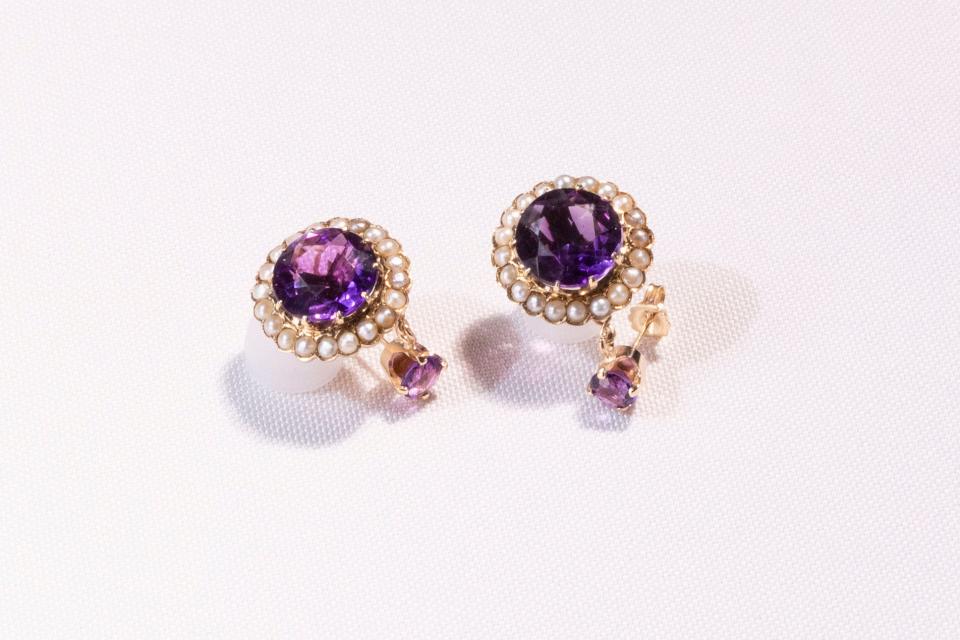
But she also is guided by her memory of a childhood visit to Florida in the early 1980s when her great-grandmother had arranged a visit to a science museum. It was right before they were set to leave that a phone call came for Glasner. A woman in Miami with a life-threatening complication needed immediate medical care but could not get it until she came up with the money to pay for it.
Glasner spent the entire time at the museum in a phone booth, until she had found a doctor who would treat the woman immediately and worry about the payment later.
"I'm very much a mutual aid, direct funding kind of person," Crossett said. "These are actual people, who can’t wait. If you’re pregnant right now, you don’t have all the time in the world.”
Antigone Barton is a reporter with The Palm Beach Post. You can reach her at avbarton@gannett.com. Help support our work: Subscribe today.
This article originally appeared on Palm Beach Post: Amethyst jewelry sale to help West Palm nonprofit fund abortions

